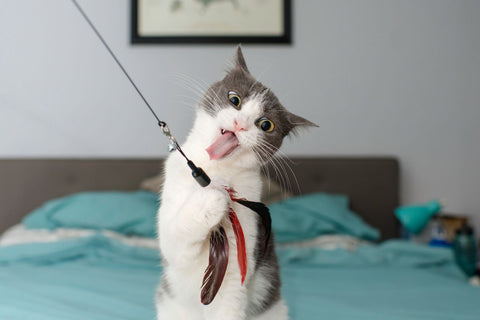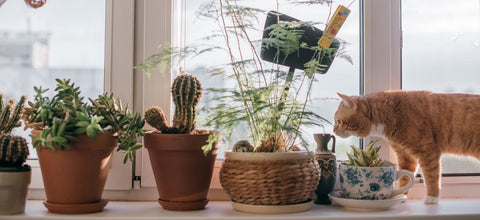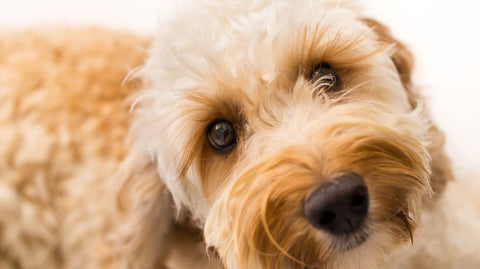

If you have a cat, then you are probably familiar with hairballs. These pesky little balls of hair can cause a lot of problems for your cat, including vomiting and diarrhea. In this blog post, we will discuss the signs and how to treat hairballs in cats. We will also provide tips on how to prevent hairballs from forming in the first place.
The first step in treating hairballs is to identify the cause of the problem. There are several things that can contribute to hairballs, including excessive grooming, diet, and hair type. When cats groom themselves, their tongues pick up loose hairs that end up being swallowed. If some of these hairs are not fully digested, they will remain in the cat's stomach until they pose a discomfort, which is when the cat will begin trying to retch the hairball up. A poor diet can also cause sluggish digestion in cats, leading to more hairballs.
Signs of hairballs in cats:
- hacking, gagging, and retching
- lethargy
- decrease in appetite
- constipation
- diarrhea
If your cat is experiencing any of the above symptoms of hairballs, there are several things that you can do to help them. The most important tool in preventing hairballs is establishing a regular grooming routine. If your cat will allow it, starting a daily brushing routine is a great way to help your pet avoid compulsive grooming. After you brush your cat, make sure to wipe them down with a wet wipe or paper towel. This will help remove any loose hairs.
A high fiber diet is also important for keeping your cat hairball-free. If you are concerned about your cat's diet or digestion, adding a supplement like our Good Digestion Formula for cats is a great way to help ease your cat's stomach problems. This natural, herbal remedy is formulated specifically to help support healthy digestive function in cats.



